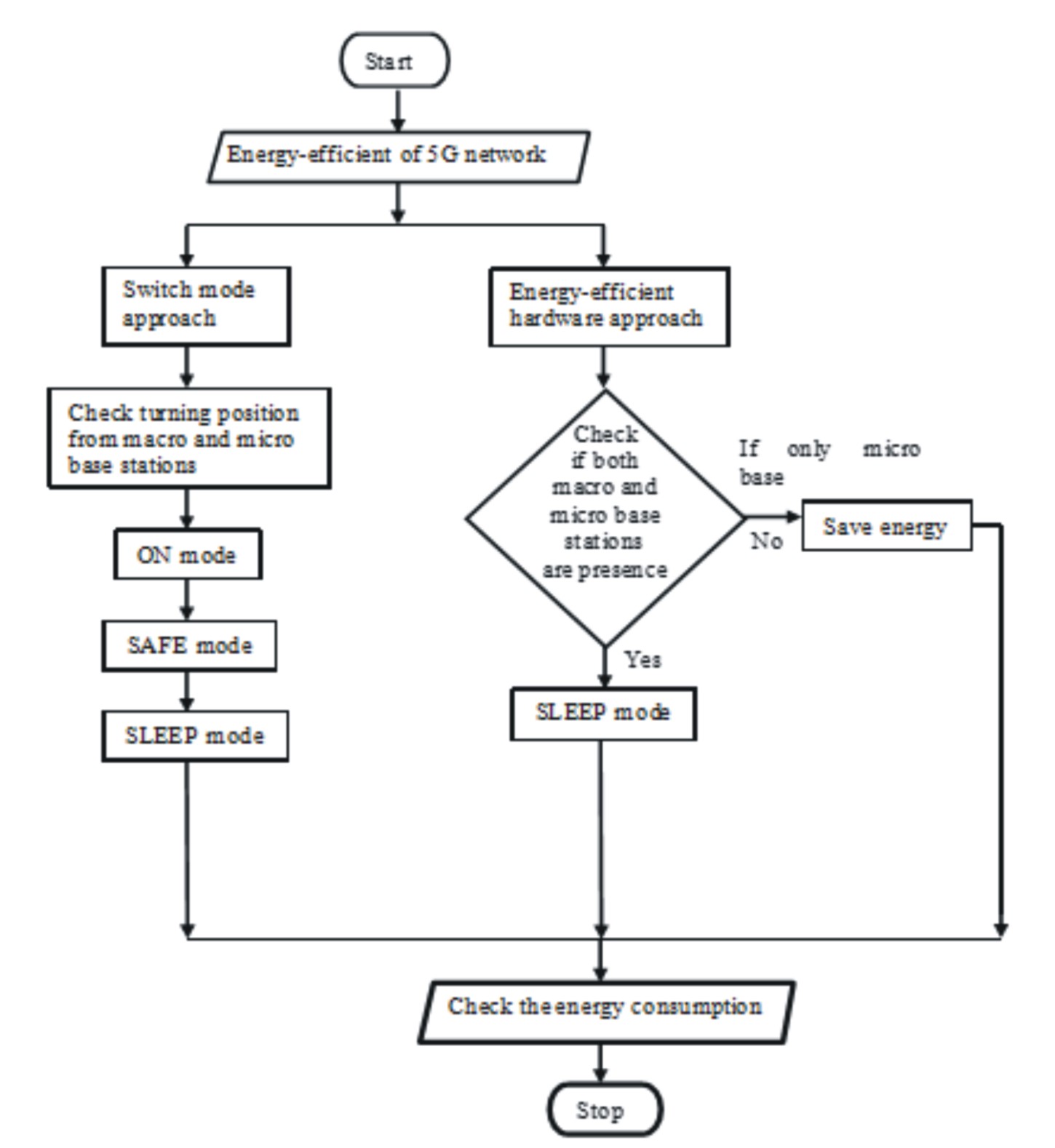Enhancing the energy efficiency of 5G networks for optimal performance using co-operative techniques
Keywords:
Internet technology, 5G Network, Switch mode, Hardware Approach, Wireless CommunicationAbstract
This paper focuses on the enhancement of energy efficiency of 5G networks for optimal performance using cooperative techniques. With the fast increase in global human population as well as rapid development in mobile and internet technology, there is predictable growth in wireless communication traffic. These have led to the development of energy efficient techniques in wireless communication systems. This paper adopts two methods that will reduce the energy consumption of 5G network using the switch mode and energy-efficient hardware approach. The switching mode approach was deployed using separated control and data planes. Again, heterogeneous network was used with the macro cell base station (MBS) and microcell base station (µBS) to serves as the control plane and data plane. The energy efficient hardware approach involved deployment of enhanced energy efficient hardware to improve energy efficiency. The base station consumed energy that ranges from low-rated energy to high-rated energy transceivers with entirely varying constraints and limitations. The results obtained at the macro cell and micro cell base stations showed that the average daily input power in watt (W), output power in decibels and output power in watt (W) were 297495.45, 1641.945 and 166618.40, 16648.68, 1372.637 and 12576.98. However, the average power consumption at the macro cell and micro cell base stations with conventional, enhanced hardware and saved power during peak traffic period were 12675.37, 7742.553 and 4932.819, 700.375, 550.506 and 149.869. In conclusion, the proposed co-operative techniques of 5G networks have enhanced the energy efficiency that can handle high data traffic of various services.


